The opposition platform in exile calls on Burundians to boycott the constitutional referendum. Lack of realism for some people.
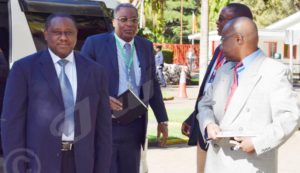
Opposition leaders
“Boycott” is the instruction launched by CNARED in a statement released in the evening of last Wednesday. In concrete terms, it is not a question of participating in the referendum and vote against the constitutional revision project, but rather not presenting oneself at all.
For this opposition coalition in exile, it is out of the question to condone “this masquerade of all dangers.” It warns that the results from this process will not engage it.
CNARED also asks the Heads of State of the sub-region to compel Bujumbura to abandon its plan to revise the constitution. The opposition platform says it is open to the “last chance” dialogue but issues an ultimatum: “If the referendum process continues, no more dialogue”. The international community is also called on to consider sanctions against Burundi if the project succeeds.
Internal quarrels
This meeting held from March 23 to 24 responds to a correspondence of 9 leaders of this platform addressed to the president of CNARED. They spoke of an incessant need to “resolve the deep crisis that threatens to scuttle the political platform.” They left Jean Minani with two options. Either he convenes a meeting as soon as possible or he stands down as the president of the platform.
In a previous correspondence that was also addressed to Jean Minani, some leaders had blasted “the opaque management” of the boss of the platform. In particular, they criticized him for keeping them away from any important decision.
The meeting of last weekend was therefore placed on the sign of appeasement if at least one believes the press release signed by the spokesperson for the platform. Pancrace Cimpaye spoke of a “friendly atmosphere that animated the session.”
The goal of the members of this coalition was to harmonize their points of view. The next elections are coming soon and the constitutional referendum is scheduled for May 17th.
Reactions
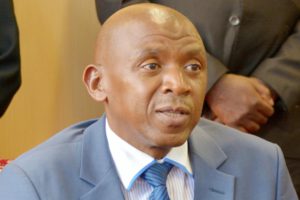 Agathon Rwasa: “Boycotting the referendum benefits the power in place”
Agathon Rwasa: “Boycotting the referendum benefits the power in place”
For the leader of the coalition Amizero y’Abarundi, the quarrels within CNARED consolidate the power of Bujumbura. “The party in power is not worried about a distant opposition that is breaking apart and which often adopts the “empty chair” policy. For Agathon Rwasa, the process of the constitutional revision is under way. “With the ultimate determination of the power in place, one must express their position, make their voice heard. The boycott only reinforces the hold of Bujumbura. “In any case, the only votes which will be counted are those of people who have expressed themselves through the ballot box. Boycotting the referendum will not help at all.”
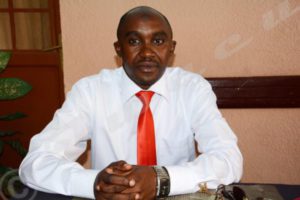 Jérémie Minani: “Being totally isolated from Bujumbura”
Jérémie Minani: “Being totally isolated from Bujumbura”
According to this member of the executive board of CNARED, it is normal that the presidents of political parties in a platform can have disagreements on some things.
“The bottom line is that we agree on the rejection of this forced referendum and other electoral comedies that are being prepared.”He warns other members of the platform:” Those who choose to accompany the Burundian regime in these comedies have unfortunately decided to abandon CNARED. For him, the platform must continue to mobilize the entire international community, especially the sub-region to totally isolate itself from Bujumbura through an embargo.
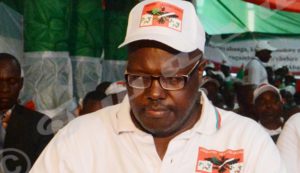 CNDD-FDD: “CNARED is disconnected from the realities of the country”
CNDD-FDD: “CNARED is disconnected from the realities of the country”
The Deputy Secretary General of CNDD-FDD indicates that CNARED is disconnected from the realities of the country. “Ten thousand kilometers from here is very far. Joseph Ntakarutimana believes that the opposition in exile has opted to blacken and destroy the party in power. “But we are moving forward in serenity and assurance. He calls for the respect for the verdict of the polls. “I hope they will not say that we forced people to vote, brutalized or jailed them.”
Analysis by Agnès Ndirubusa
The opposition in exile weighs little on the political spectrum
Changing the image somewhat damaged by the dissension within the platform is a task that comes on top of another major challenge: “Opposing the constitutional revision process that is advancing at great speed”.
Bujumbura does not intend to slow down until CNARED reaches an agreement.
Apparently the coalition has decided to put aside its conflicts to keep up with the frantic pace of the timetable launched by the power in place.
In addition, one could wonder about the choice of the call for the boycott. The draft revision is set in motion whether one likes it or not. People will vote, out of conviction or fear of reprisals.
Wouldn’t it be more productive to encourage people to vote no, hoping to reverse the trend? At this stage, it would be surprising if the Heads of State of the East African Community protest against the revision of the Constitution, a practically fashionable practice throughout the sub-region. However, the process should be conducted according to recognized standards and transparency.
In short, unless one has a wake-up call for no, a rather unlikely option, the project will succeed.
Let’s say that for the moment it is difficult for this opposition to weigh on the political spectrum.
In exile, far from the country, it struggles to make its voice heard. The policy of the empty chair during the last talks, the boycott in the current referendum, the platform’s strategies are far from winning unanimous support…
Written by Agnès Ndirubusa and translated by Pierre Emmanuel Ngendakumana

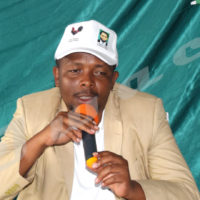
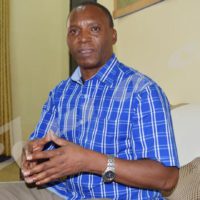
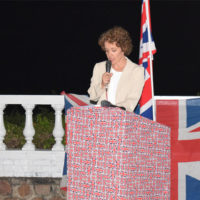
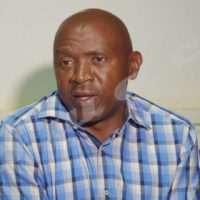













 IWACU Open Data
IWACU Open Data

